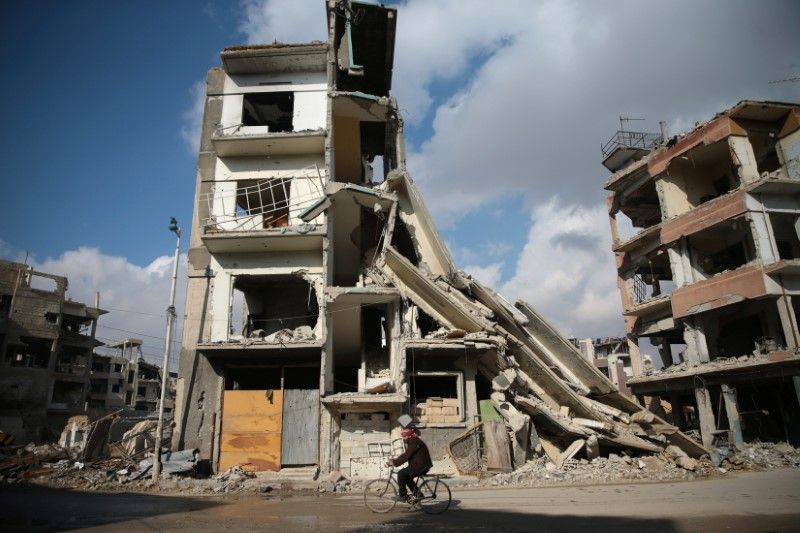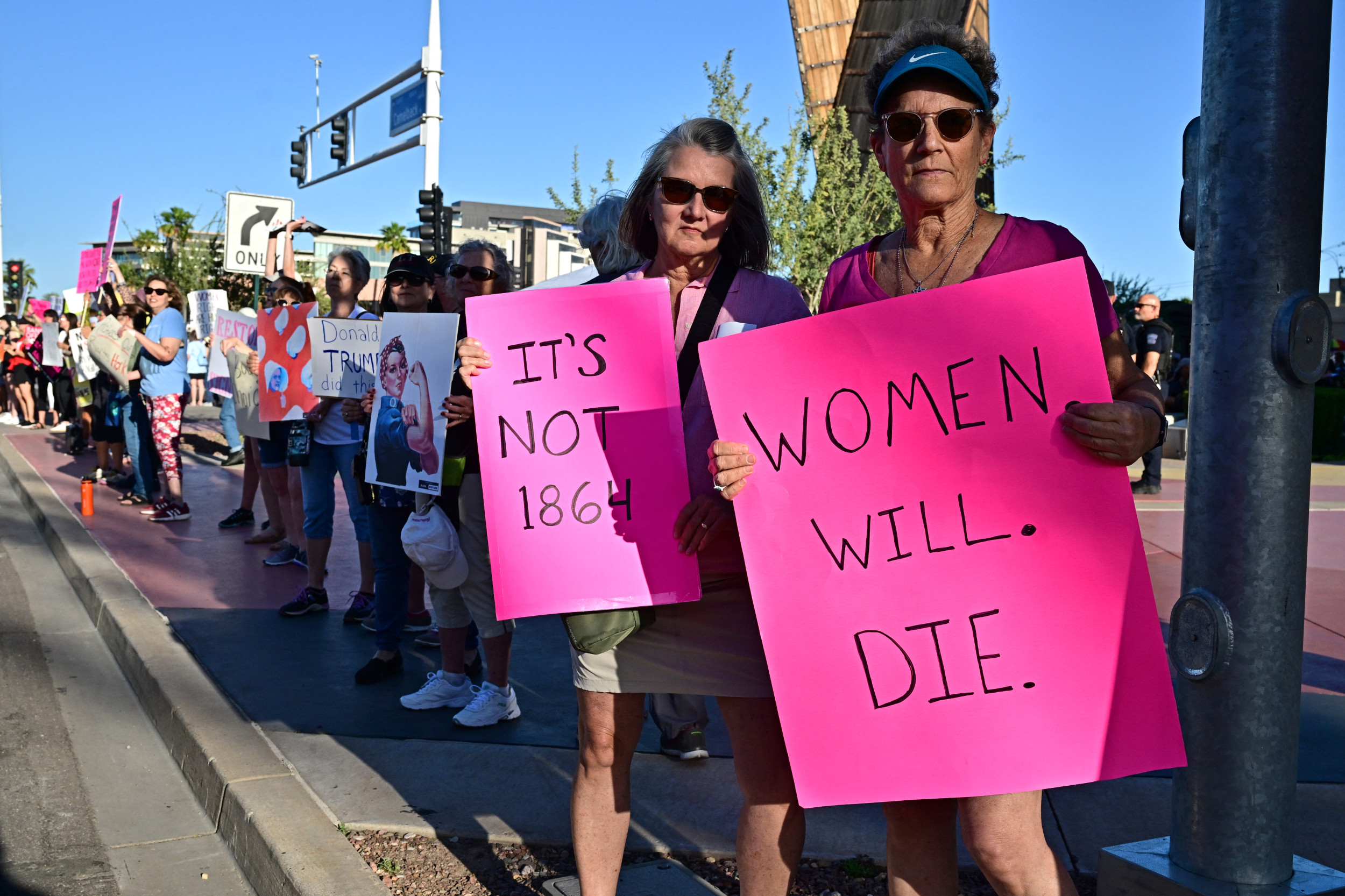
Syrian rebel groups threatened on Saturday to abandon a two-day-old truce if violations continued, and urged the U.N. Security Council not to endorse the deal until the Syrian government and its ally Russia had shown they would respect it.
The deal, brokered during the week by Russia and Turkey, which back opposing sides, reduced the level of violence, but firefights, air strikes and shelling continued in some areas.
Factions belonging to the Free Syrian Army—a loose alliance of militias excluding more radical Islamist groups—said government forces and Lebanese Hezbollah fighters had been trying to push rebels back in the Wadi Barada valley, northwest of Damascus.
"Continued violations by the regime and bombardment and attempts to attack areas under the control of the revolutionary factions will make the agreement null and void," said a statement from the rebel groups.
The rebels and political opposition said the government side was massing forces to launch a ground attack in the area. There has been no new announcement by the military since it launched operations in the area last week.
FSA factions said in a separate statement later on Friday they would abandon the truce deal if Russia did not use its influence to halt the Wadi Barada attacks by 8 p.m. (1800 GMT).
The Syrian Observatory for Human Rights monitoring group confirmed clashes in the area, source of most of the capital's water, and also said there had been government shelling in the southern provinces of Quneitra and Deraa.
Russia's Defense Ministry said on Friday that rebels had violated the truce 12 times in 24 hours. Much of Friday's violence took place along the border between Hama and Idlib provinces in northwest Syria.
Third Ceasefire
The British-based Observatory said the level of fighting had fallen on Saturday, and the truce was not currently at risk, although one rebel official said it was "in serious danger."
In their statement, the rebels said it appeared the government and opposition had signed two different versions of the ceasefire deal, one of which was missing "a number of key and essential points that are non-negotiable," but did not say what those were.
The ceasefire deal is the third this year, but the first not to involve the United States or the United Nations, as Russia and Iran have turned the tide of the war in favor of Syrian President Bashar al-Assad.
Russia urged the U.N. Security Council on Friday to give its blessing to the deal, due to be followed by peace talks in the Kazakh capital, Astana, and requested that a vote be held on Saturday. Diplomats studied the text overnight, but it was not clear whether a vote would be held later.
The conflict has killed more than 300,000 people and made more than 11 million homeless. Even with a successful truce between Assad and the main armed opposition, the multi-sided conflict will continue.
In particular, Turkey is trying to push back Kurdish forces and the jihadist Islamic State, both excluded from the deal, from areas south of its border.
The position of other Islamist groups such as Jabhat Fateh al-Sham and Ahrar al-Sham with regard to the ceasefire is unclear, although both have criticized it.
Uncommon Knowledge
Newsweek is committed to challenging conventional wisdom and finding connections in the search for common ground.
Newsweek is committed to challenging conventional wisdom and finding connections in the search for common ground.
About the writer
To read how Newsweek uses AI as a newsroom tool, Click here.





